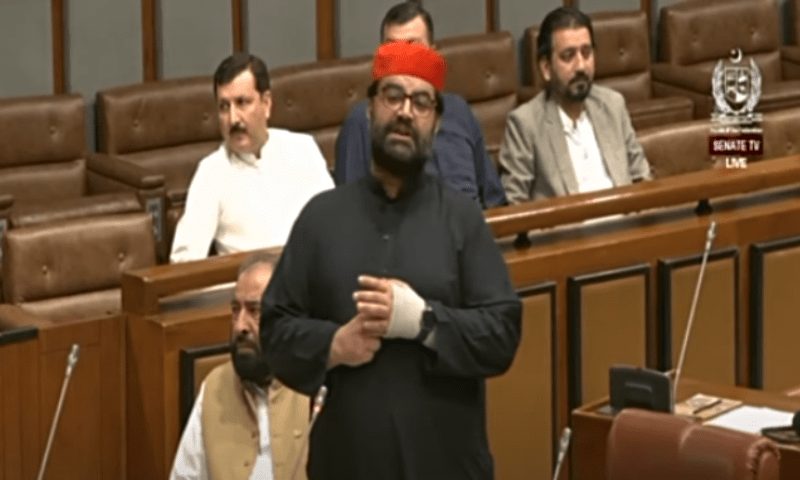Claims and controversies are common in Pakistani politics. However, when a notable leader reveals a startling truth, it grabs attention. Recently, Aimal Wali Khan made a significant claim. He stated that in 2013, the PTI government formed its administration in Khyber Pakhtunkhwa with the help of the Tehreek-e-Taliban Pakistan (TTP). This statement has stirred up intense debate in Pakistan’s political landscape.
Aimal Wali Khan alleged that the provincial government of PTI not only facilitated the TTP but also provided funds to these militants from public resources. Such revelations could cause severe damage to any political party. This claim also raises a critical question: are the deep-rooted ties between politics and terrorism in Pakistan finally coming to light?
What makes this claim even more alarming is another statement by Aimal Wali Khan. He said the current provincial government enjoys full support from “Fitna al-Khwaraj.” He described these individuals as operating like a political wing for PTI. This situation paints a troubling picture. While Pakistan’s armed forces are fighting terrorism, some political entities might be strengthening links with those very groups.
The PTI-TTP allegations could reshape Pakistan’s political environment. The PTI faces a daunting task. It must prove to the public that it has no associations with any terrorist organizations. Aimal Wali Khan’s remarks have triggered unease among citizens. Many are now questioning whether political interests have been prioritized over national security.
This revelation demands a broader examination of terrorism’s role in politics. How are these groups gaining influence in Pakistan’s democratic system? Are such alliances acceptable for political gains? A transparent inquiry is essential to uncover the truth. The public deserves to know the reality behind the PTI-TTP allegations. Only then can the safety and security of the nation be ensured.


